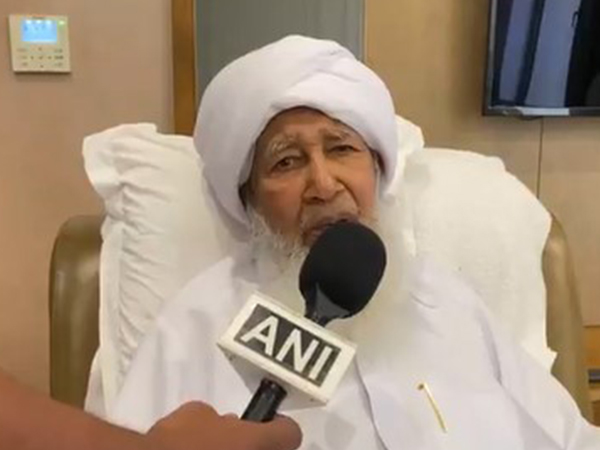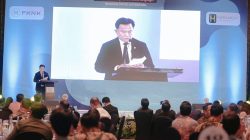International Attention on the Case of Nimish Priya
The case of Nimish Priya, a 37-year-old nurse from Kerala, India, has drawn international attention due to the ongoing efforts to prevent her execution. The Grand Mufti of India, Sheikh Abubakr Ahmad Kanthapuram, has taken a significant role in advocating for her life, reaching out to scholars in Yemen to request her release.
Tolong support kita ya,
Cukup klik ini aja: https://indonesiacrowd.com/support-bonus/
Efforts to Save a Life
Sheikh Abubakr Ahmad Kanthapuram emphasized that his intervention was based on humanitarian grounds rather than religious considerations. He highlighted the Islamic practice of Diya, which involves compensation instead of capital punishment. “I requested them to accept Diyaat as the party is ready here for it,” he stated. This approach reflects a broader cultural and legal framework within Islam that encourages reconciliation and financial compensation over death sentences.
The Grand Mufti also mentioned that the execution date, initially set for the following day, has been postponed. “There are talks going on about whether my request has to be accepted,” he explained. This postponement offers a window for further negotiations and discussions between the involved parties.
A Call for Unity
In addition to the Grand Mufti’s efforts, Congress leader KC Venugopal praised the postponement of the execution. He expressed appreciation for anyone involved in saving the life of the Kerala nurse. “Whoever is involved in saving the human life of the woman of Kerala is welcome,” Venugopal said. His comments reflect a growing sentiment among political leaders to support the cause of Nimish Priya.
Support us — there's a special gift for you.
Click here: https://indonesiacrowd.com/support-bonus/
Government Involvement and Diplomatic Efforts
The postponement of the execution has been attributed to concerted efforts by the Indian government. According to sources, the Indian authorities have been actively engaging with Yemeni jail officials and the prosecutor’s office. These diplomatic efforts aim to navigate the sensitivities of the situation and secure a reprieve for Priya.
The local authorities in Yemen have officially postponed the execution scheduled for July 16, 2025. This decision provides additional time for her family to negotiate a mutually agreeable solution. It also allows for continued dialogue between Indian officials and their Yemeni counterparts, highlighting the importance of international cooperation in such cases.
Legal and Political Developments
During a recent hearing in the Supreme Court, the Attorney General of India (AGI) reiterated the government’s commitment to supporting Nimish Priya. He informed the court that ongoing discussions with Yemeni authorities, including the public prosecutor handling her case, are aimed at securing a suspension of the execution order. This legal maneuvering underscores the complex nature of the case and the need for careful negotiation.
Broader Implications
The case of Nimish Priya has sparked discussions about the treatment of Indian citizens abroad and the role of religious and political leaders in advocating for their rights. The involvement of the Grand Mufti and political figures like KC Venugopal highlights a collective effort to ensure justice and humanity in such situations.
As the situation continues to unfold, the international community remains watchful, hoping for a resolution that honors the principles of justice, compassion, and human dignity. The outcome of this case could set a precedent for future interactions between nations and the treatment of individuals facing capital punishment.







